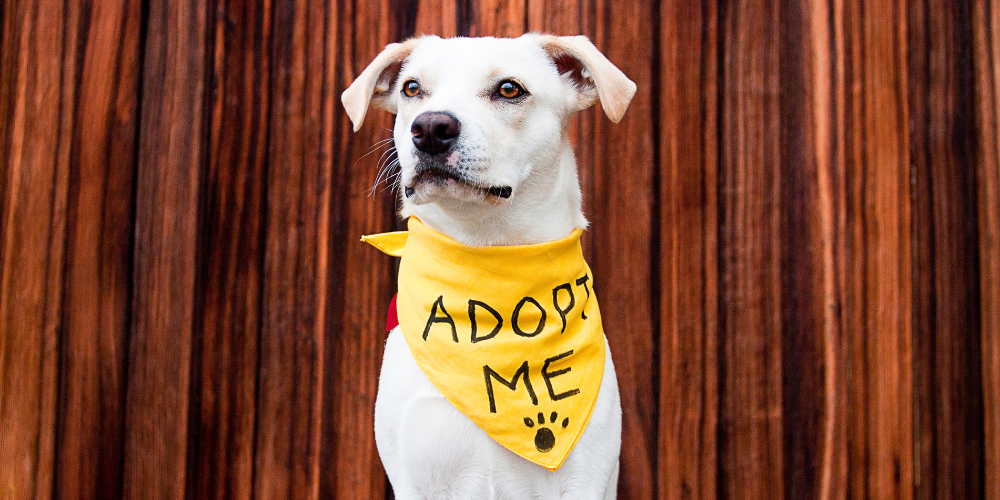
When it comes to bringing a new pet into your home, the age-old debate of adopting versus shopping often surfaces. Both options come with their unique set of pros and cons, and understanding these can help you make a more informed decision. Additionally, there are several factors to consider before taking the plunge, whether you're adopting a rescue or buying a pet. Let's delve into the intricacies of both choices.
Adopting a Pet: Pros and Cons
Pros of Adopting
Saving a Life: Adoption often means saving a pet from an uncertain future. Many animals in shelters are in dire need of a loving home.- Cost-Effective: Generally, adoption fees are lower than the cost of buying a pet. These fees often include vaccinations, spaying/neutering, and microchipping.
- Health Benefits: Many adopted pets have already received vaccinations and medical checkups, which can be less stressful for new pet owners.
- Behavioural Assessments: Shelters often provide behavioural assessments of pets, giving you insight into their temperament.
- Supporting Charitable Organisations: By adopting, you support organisations that work tirelessly for animal welfare.
- Variety of Choices: Shelters have a wide range of animals in terms of age, breed, and temperament.
- Combatting Puppy Mills: Adoption helps reduce the demand for pets bred in inhumane conditions.
- Mature Pets: If you prefer a mature pet over a young one, shelters often have many adult animals.
- Intrinsic Reward: There's an inherent emotional reward in knowing you've provided a home to a pet in need.
- Community Impact: Adopting a pet can help reduce the strain on local animal shelters and resources.
Cons of Adopting
Unknown History: Some pets may have an unknown medical or behavioural history.- Potential Health Issues: While most are healthy, some rescue pets may have health issues that haven't been fully diagnosed.
- Limited Knowledge of Breed: For mixed breeds, it can be challenging to predict size, temperament, and health predispositions.
- Behavioural Challenges: Some pets might have behavioural issues stemming from their past experiences.
- Age Uncertainty: In some cases, the exact age of the pet may be unknown.
10 Things to Consider Before Adopting a Rescue
Lifestyle Compatibility: Assess whether the pet's energy level and temperament suit your lifestyle.- Long-Term Commitment: Consider if you're ready for the long-term commitment that comes with pet ownership.
- Financial Responsibility: Ensure you can afford ongoing costs like food, grooming, and veterinary care.
- Living Arrangements: Make sure your living space is suitable for a pet.
- Time and Attention: Evaluate if you have enough time to devote to your pet's care and training.
- Family Members: Consider the needs and allergies of everyone in your household.
- Existing Pets: Think about how a new pet will fit in with your current animals.
- Training Needs: Be prepared to invest time in training, especially if the pet has behavioural issues.
- Healthcare History: Understand any existing health issues and be prepared for potential future healthcare needs.
- Rescue Organization's Reputation: Research the rescue organisation to ensure they are reputable and responsible.
Buying a Pet: Pros and Cons
Pros of Buying
Breed Specificity: If you're looking for a specific breed, buying from a breeder is often the best option.- Predictability: With purebred pets, it's easier to predict size, behaviour, and health predispositions.
- Health Certifications: Reputable breeders provide health certifications for their breeds.
- Early Socialisation: Many breeders begin socialisation and training early on.
- Breeder Support: Good breeders offer ongoing advice and support for the pet's lifetime.
- Known History: The pet's history is usually well-documented, including information about its parents.
- Age Information: You'll know the exact age of your pet.
- Longevity of Relationship: Buying a young pet often means a longer relationship, as you'll have them from a very young age.
- Meeting Specific Needs: If you have specific requirements (like a hypoallergenic pet), a breeder can often meet these needs.
- Community and Resources: Buying from a breeder often comes with a community of other pet owners with the same breed.
Cons of Buying
Cost: Buying a pet can be significantly more expensive than adopting.- Supporting Unethical Breeding: If not careful, you might inadvertently support puppy mills or irresponsible breeders.
- Health Issues Specific to Breeds: Some breeds are prone to specific health problems.
- Overpopulation: Buying a pet can contribute to the broader issue of animal overpopulation.
- Less Altruistic: The emotional reward of saving a pet's life is less pronounced.
10 Things to Consider Before Buying a Pet
- Breeder's Reputation: Ensure the breeder is reputable, ethical, and responsible.
- Health Guarantees: Check for health guarantees and medical records.
- Socialisation Practices: Inquire about how the pet has been socialised.
- Breed-Specific Needs: Understand the specific needs and challenges of the breed.
- Cost: Be prepared for the initial cost and ongoing expenses.
- Visit Breeder's Facility: Visiting the breeder's facility can provide insights into the pet's early life conditions.
- Contract and Obligations: Be aware of any contracts or future obligations stipulated by the breeder.
- Support Network: Consider if there's a support network available for your chosen breed.
- Long-Term Commitment: Reflect on your readiness for a long-term commitment.
- Pet Insurance: Consider investing in pet insurance, especially for breeds prone to health issues.
In conclusion, whether you choose to adopt or shop for your new pet, both paths require careful consideration and responsibility. Your decision should align with your lifestyle, expectations, and the ability to provide a loving, stable home for your new furry friend. Remember, the choice you make will not only impact your life but also the life of your new pet. Choose wisely and responsibly.



